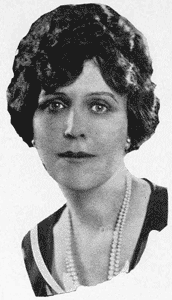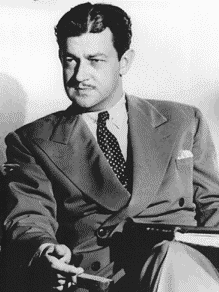A Quote by Henry Ward Beecher
There is no man that lives who does not need to be drilled, disciplined, and developed into something higher and nobler and better than he is by nature. Life is one prolonged birth.
Related Quotes
I believe that there is something far nobler than loyalty to any particular man. Loyalty to the truth as we perceive it - loyalty to our duty as we know it - loyalty to the ideals of our brain and heart - is, to my mind, far greater and far nobler than loyalty to the life of any particular man or God. . . .
If idioms are more to be born than to be selected, then the things of life and human nature that a man has grown up with--(not that one man's experience is better than another's, but that it is 'his.')--may give him something better in his substance and manner than an over-long period of superimposed idiomatic education which quite likely doesn't fit his constitution. My father used to say, 'If a poet knows more about a horse than he does about heaven, he might better stick to the horse, and some day the horse may carry him into heaven'
Everything that is great in life is the product of slow growth; the newer, and greater, and higher, and nobler the work, the slower is its growth, the surer is its lasting success. Mushrooms attain their full power in a night; oaks require decades. A fad lives its life in a few weeks; a philosophy lives through generations and centuries.
Nature is man's inorganic body -- that is to say, nature insofar as it is not the human body. Man lives from nature -- i.e., nature is his body -- and he must maintain a continuing dialogue with it is he is not to die. To say that man's physical and mental life is linked to nature simply means that nature is linked to itself, for man is a part of nature.
A pretty girl is better than a plain one. A leg is better than an arm. A bedroom is better than a living room. An arrival is better that a departure. A birth is better than a death. A chase is better than a chat. A dog is better than a landscape. A kitten is better than a dog. A baby is better than a kitten. A kiss is better than a baby. A pratfall is better than anything.
The more gifted by nature is a man, the more is deplorable the abuse that he does by using them to shameful ends. A swindler (or crook) of higher condition is more blameworthy than a vulgar scoundrel; an intelligent eveil-doer, having benefited from a higher education, represent a more saddening phenomenon ("phénomène", Fr.) than an unfortune illiterate fellow having commited an offence.






































